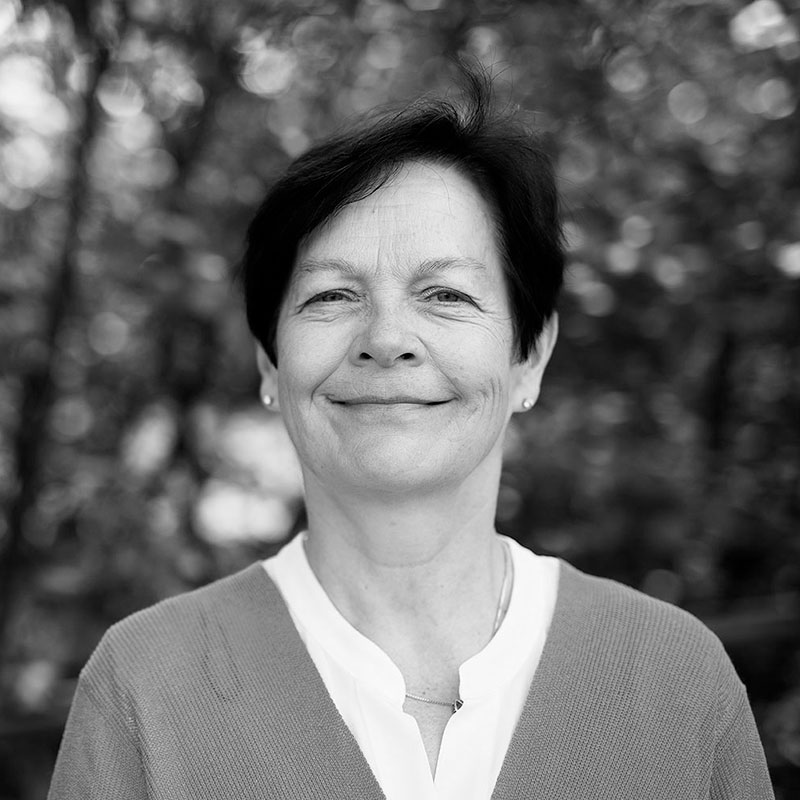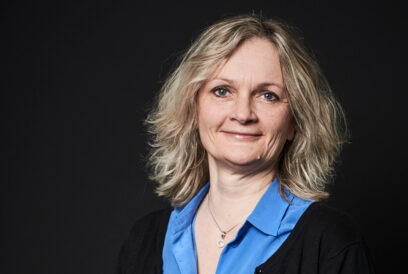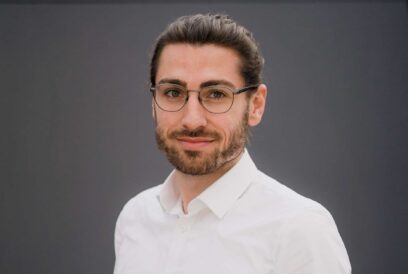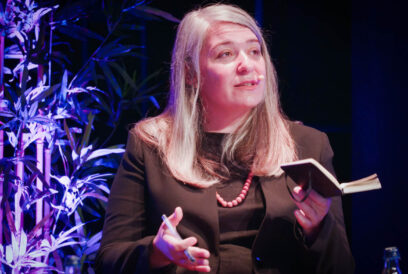
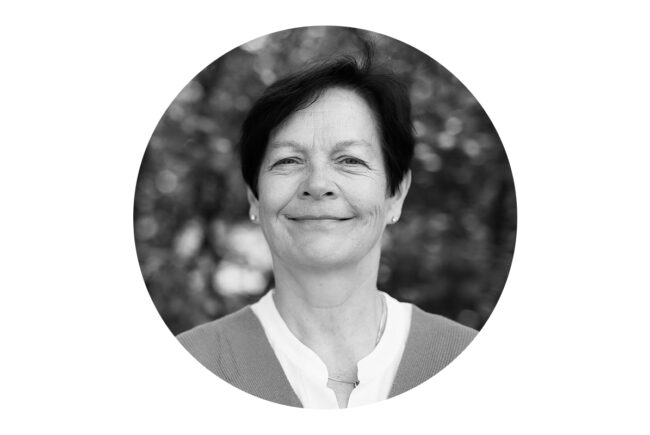
At the beginning of last year in Finland, a necessary reform entered into force in which the role of liberal adult education institutes in the training of basic skills to immigrants was improved, writes Pirkko Ruuskanen-Parrukoski. The text is a column published in the Speakers' Corner series.
At the beginning of 2018, Finland introduced a new curricular recommendation for literacy training in liberal adult education. The recommendation is meant for training providers that organise courses for adult immigrants who cannot read and write, and it suggests that the local curriculum be used as a basis.
In literacy training, reading and writing skills are studied in addition to Finland’s official languages, Finnish and Swedish. The opportunity to study at a flexible pace is fundamental: studying may be full-time or part-time.
The reform acknowledging the role of liberal adult education is significant. As a result of it, training paths for immigrants are diversifying. The change also confirms that everyone must have a right to literacy.
At the same time, the issuing of the recommendation demonstrates the major role of liberal adult education in the training of basic skills, and also guarantees funding for it.
THIS IS GOOD, BECAUSE LIBERAL ADULT EDUCATION offers an excellent framework for the training of immigrants for many reasons.
Firstly, written study methods in language learning are not necessarily the most effective of all. This is, for example, the case in situations in which students lack a basic education. For some immigrants, learning difficulties or problems with physical or mental health may also be linked to traumatic experiences and a difficult situation in life. In such situations, immigrants do not necessarily see the benefits of language learning to their integration and other aspects of their life.
The diverse range of courses in liberal adult education makes it possible for studies to be combined with other functional courses or physical exercise. Functionality may be linked to the natural and study-supporting expression of feelings and ideas.
Literacy-learning solutions that are permanent, systematically funded and seamlessly integrated into the rest of the education system create highly necessary pathways into working life.
Secondly, functionality enables study groups not merely to comprise immigrant students. When groups contain people from different backgrounds, this creates a natural foundation for cooperation transcending cultural boundaries, which is necessary both for immigrants and for indigenous Finns.
Thirdly, the reform has taken into account housewives who have not had access to education. For housewives, looking after the family has often taken precedence over their own education, and lesson-based schooling has not been sufficiently attractive. As a result of the reform, it has been possible to take a more flexible attitude to the life situations of immigrants when organising training and guidance.
Fourthly, literacy-learning solutions that are permanent, systematically funded and seamlessly integrated into the rest of the education system create highly necessary pathways into working life.
The natural step on from liberal adult education courses is the transition to basic adult education, which was also suitably reformed in Finland early in 2018. In basic adult education, many necessary basic skills can be studied, but basic education is also a route to acquiring the diploma needed for further education. One purpose of the reform is also to clarify the process of guiding people to study, speed up the progress of studies and avoid overlaps in studies.
EDUCATION HAS INTRINSIC VALUE, but the improvement of integration training for immigrants is also labour policy.
In Finland, as is actually the case throughout Europe, working life is in a state of transition. This is affected by not only the ageing of the population but also digitalisation and climate change. In Finland too, therefore, there is a desire to speed up immigrants’ access to education and transition to working life, which can be done, for example, by lowering the barriers between integration training and the education that follows it.
Training is nonetheless a lifelong project, the significance of which is much greater to the individual than just being involved in responding to the revolution in working life. For immigrants, education is a way of offering the experience of belonging to society.
Literacy training at liberal adult education institutes offers a natural framework for this. One of the key operating principles of liberal adult education is training people to work in communities comprising a diverse range of different people. Equally important is that, regardless of the backgrounds and life situations of the people, everyone has the right to come and study at liberal adult education institutes.
The new literacy training in adult education may thus be not only a route to individual training paths but also a key to strengthening multiculturalism in Finland. At the same time, it makes Finland a more open and easily approachable country.
In Speakers’ Corner series, European adult education experts share their views on topical phenomena in the field. The series is produced in cooperation with EAEA.
Author
